The Federation of Zimbabwe Educators Unions (FOZEU) has criticised the newly gazetted Zimbabwe Schools Examination Council (Zimsec) Amendment Bill, saying it fails to adequately address the structural and legislative shortcomings affecting the country's examination system.
The Bill, which seeks to amend the Zimsec Act, focuses on curbing examination leakages and malpractices by expanding the scope of offences, stiffening penalties, and introducing institutional accountability. However, FOZEU argues that the proposed changes fall short of what is required to strengthen the integrity and functionality of Zimbabwe's examination framework.
In a statement released yesterday, FOZEU secretary-general Obert Masaraure said the Bill is narrow in scope and overlooks key areas that are critical to improving examination administration and aligning Zimsec operations with the broader education system.
"The amendment addresses examination leakages but ignores vital technical components of the examination value chain," said Masaraure. "There is no clear whistle-blower framework, which is essential for reporting malpractices. Most leaks go unreported because of the absence of protection for whistle-blowers."
He also criticised the Bill for excluding the Ministry of Primary and Secondary Education (MoPSE) from playing a more integrated role in the management of examinations. Masaraure said MoPSE's extensive network of personnel could help plug vulnerabilities in the system if properly incorporated.
"Devolving examination management through MoPSE would bring administration closer to communities and make Zimsec more responsive to malpractice challenges. Right now, Zimsec remains too detached from the practical realities of administering exams," he said.
Another major concern raised was the Bill's silence on the payment and welfare of invigilators and examiners—key personnel in the examination process. Masaraure said chronic delays in paying examiners have become a recurring crisis that undermines morale and threatens the credibility of public examinations.
"The Bill fails to mandate timely remuneration for examiners and invigilators. Low morale among these stakeholders compromises exam integrity," he warned.
Masaraure further criticised the Bill for failing to align the Zimsec Act with the Constitution and the Education Act, which now guarantee State-funded basic education.
"Examinations are part of the education system. The law should clearly state how Treasury will fund Zimsec operations. Section 21(1)(c), which compels students to pay examination fees, must be repealed," he said.
He also highlighted that the Bill does not address how to incorporate continuous assessment into the formal examination system—a requirement under the new curriculum. The current structure of the Zimsec Act remains rooted in a model that focuses solely on final examinations.
"The integrity of continuous assessment must be protected. The law needs to provide guidance on how to incorporate it into the exam system," said Masaraure.
FOZEU also flagged concerns about possible financial bloat resulting from the proposed creation of a new chief executive officer position and the increase in mandatory Zimsec board meetings.
"These changes are likely to escalate administrative costs unnecessarily. Two board meetings per year are sufficient for policy formulation and oversight. Operational responsibilities rest with management, not the board," Masaraure said.
He added that the inclusion of external experts in the Zimsec board would only increase expenses without necessarily improving governance or effectiveness.
Calling for public engagement, Masaraure urged Zimbabweans to participate in public hearings on the Bill to ensure that citizen voices are included in efforts to reform the country's examination system.
"This is a critical opportunity to safeguard the integrity of national examinations. All stakeholders must be heard," he said.
The Zimsec Amendment Bill is currently under parliamentary consideration, and public consultations are expected to be held in the coming weeks.
- Newsday
 Cash flow constraints hamper devolution funding
Cash flow constraints hamper devolution funding  The JSE is shrinking
The JSE is shrinking  UK's Boris Johnson quits over Brexit stretegy
UK's Boris Johnson quits over Brexit stretegy  SecZim licences VFEX
SecZim licences VFEX  Tobacco, gold dominate Zimbabwe's exports
Tobacco, gold dominate Zimbabwe's exports  PPC Zimbabwe fined for excessive dust emissions
PPC Zimbabwe fined for excessive dust emissions  Young Investment Professional (YIP) Graduate Programme 2019
Young Investment Professional (YIP) Graduate Programme 2019 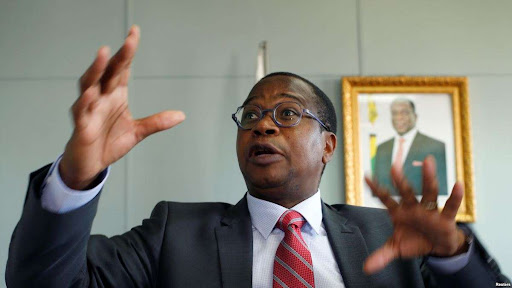
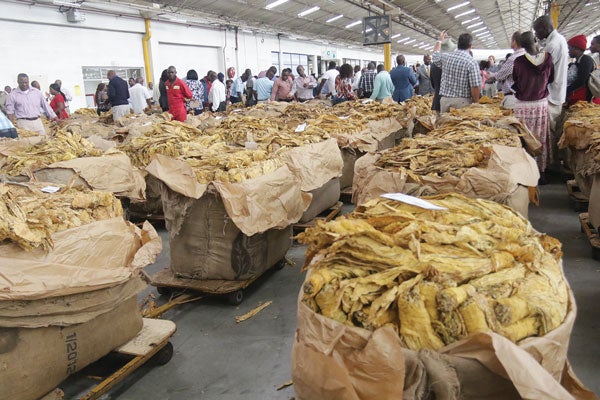

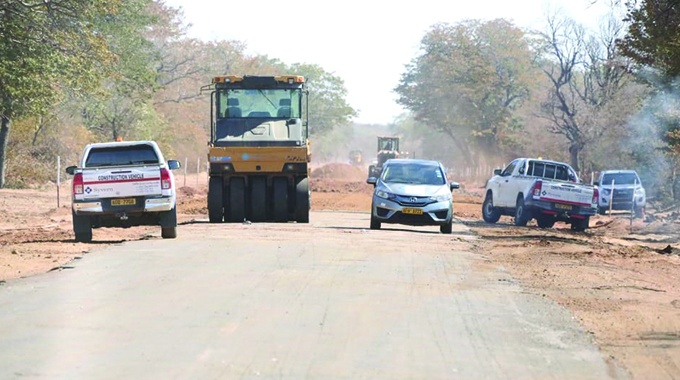
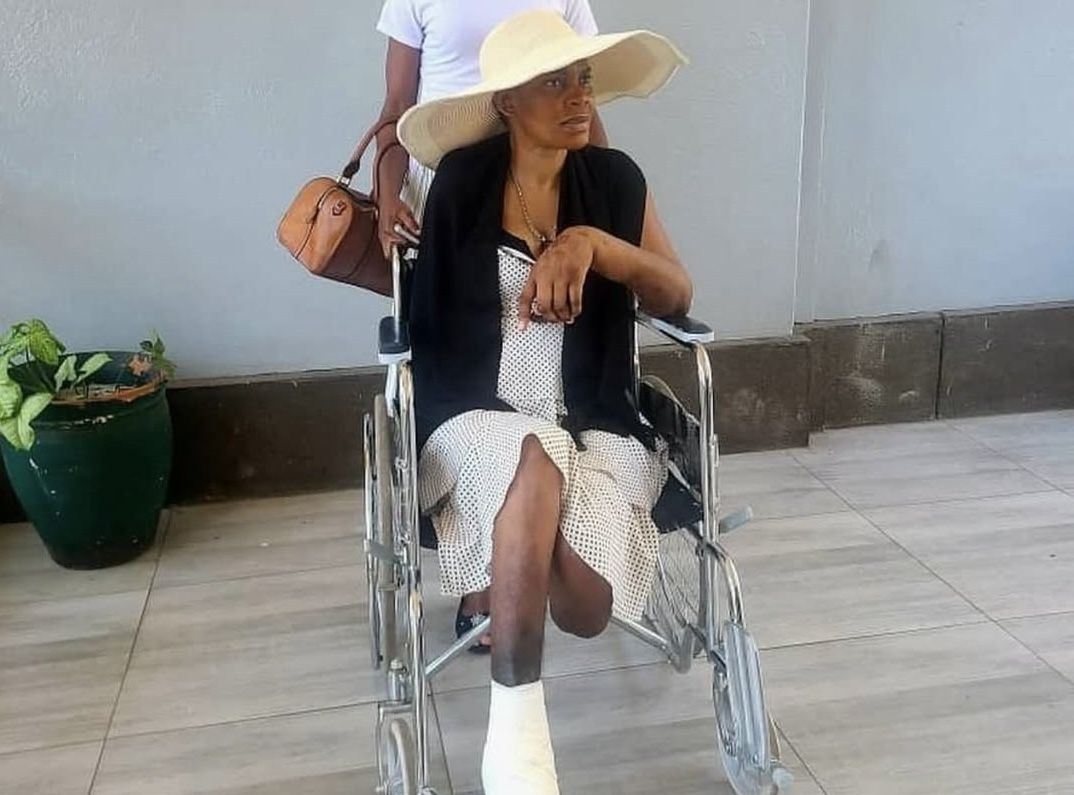

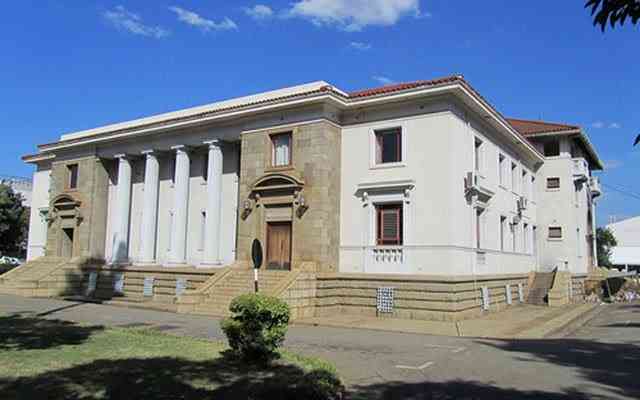
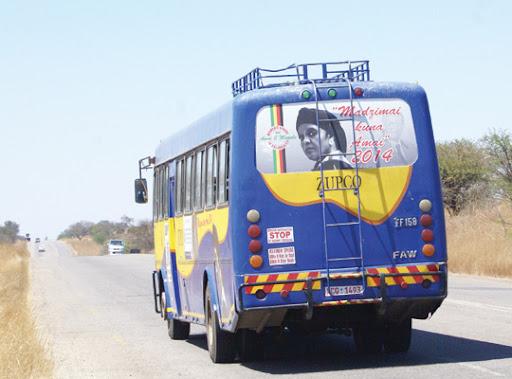
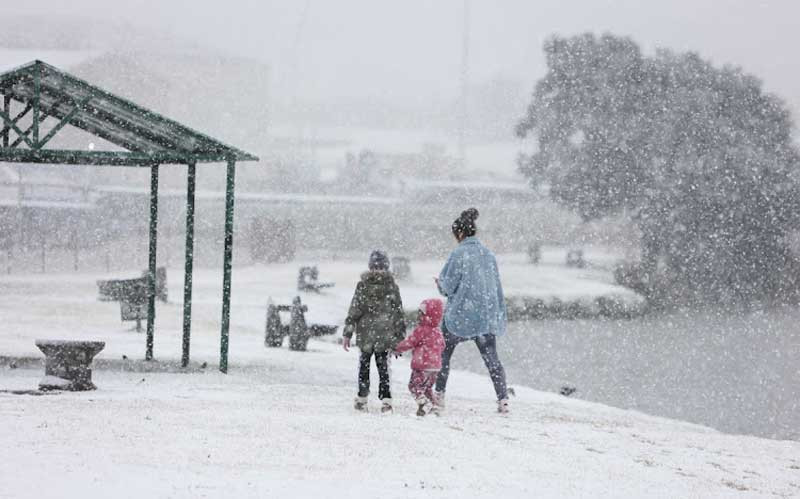
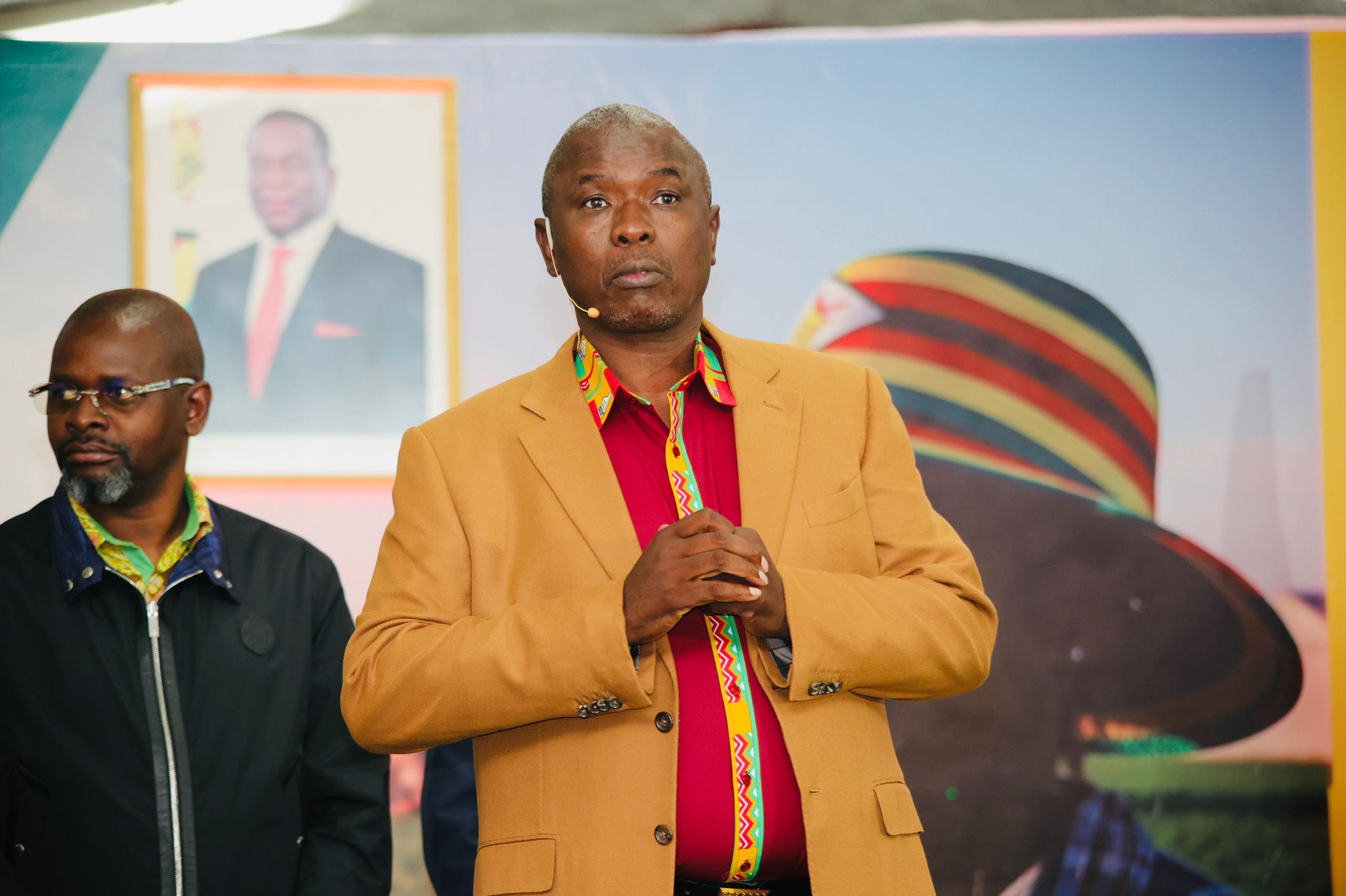

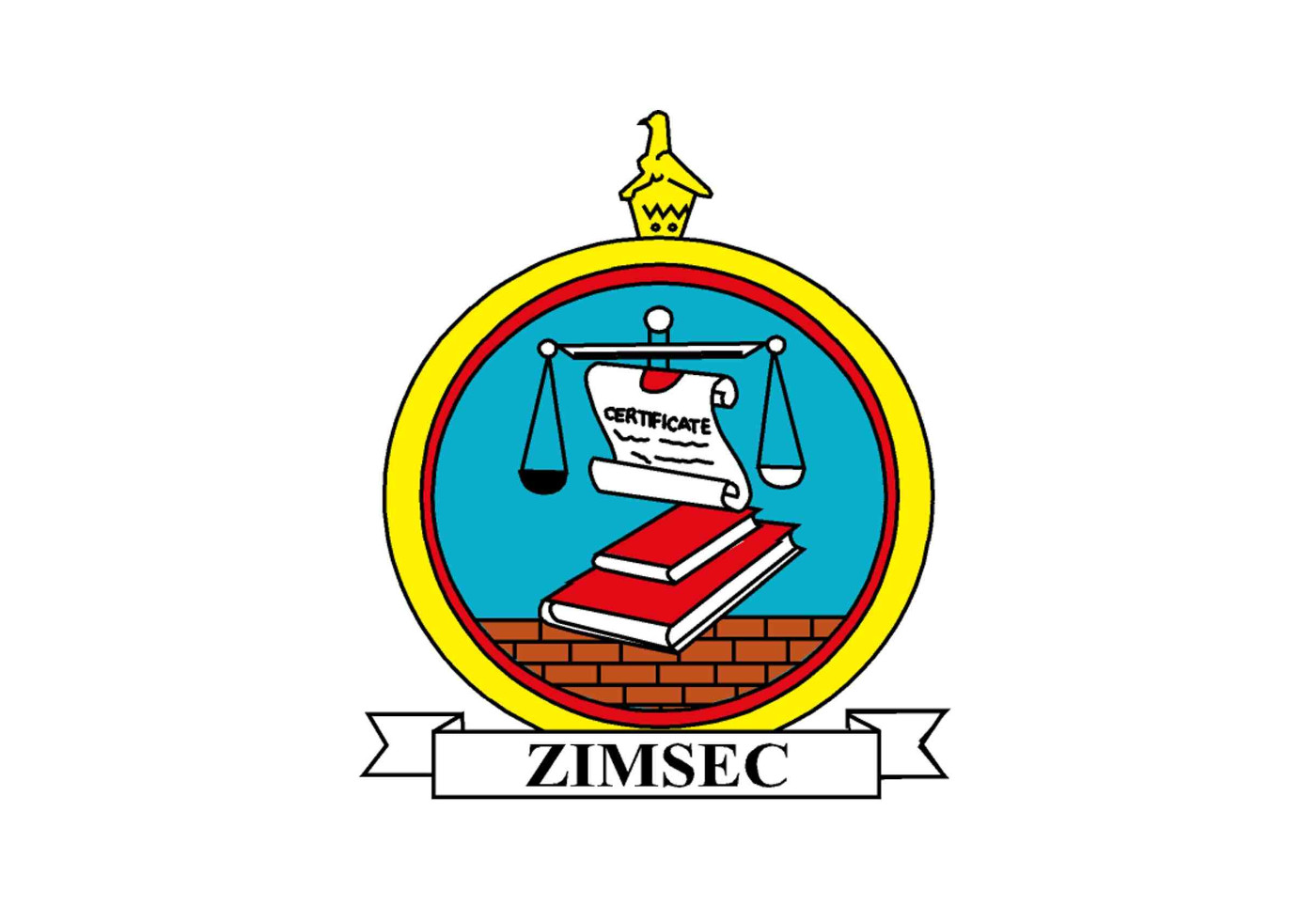
 Young Investment Professional (YIP) Graduate Programme 2019
Young Investment Professional (YIP) Graduate Programme 2019
Editor's Pick